January 11, 2017
Click here for the full written transcript of this podcast episode.
Our ancestors crossed the Alps in animal skins and colonized the New World in loin cloths. They evaded predators and built civilizations with just their raw brainpower and inner grit.
But things have changed and now comfort is king.
Today we live in the thrall of constant climate control and exercise only when our office schedules permit. The technologies that we use to make us comfortable are so all encompassing that they sever the biological link to a changing environment. Now we hate the cold and the heat. We suffer from autoimmune diseases. And many of us are chronically overweight. Most of us don't even realize that natural variation – sweating and shivering – is actually good for us.
The new book What Doesn’t Kill Us: How Freezing Water, Extreme Altitude and Environmental Conditioning Will Renew Our Lost Evolutionary Strength uncovers how just about anyone can reclaim a measure of our species' evolutionary strength by tapping into the things that feel uncomfortable. When we slightly reimagine how how our body fits into the world and then we can conditioning ourselves to find resilience in unfamiliar environments.
The feeling that something is missing from our daily routines is growing and has spawned a movement. Every year, millions of people forgo traditional gyms and push the limits of human endurance by doing boot camp style workouts in raw conditions. These extreme athletes train in CrossFit boxes, compete in Tough Mudders and challenge themselves in Spartan races. They are connecting with their environment and, whether they realize it or not, are changing their bodies.
Perhaps no one exemplifies this better than Dutch fitness guru Wim Hof, whose remarkable ability to control his body temperature in extreme cold has sparked a whirlwind of scientific study. Because of him, scientists in the United States and Europe are just beginning to understand how cold adaptation might help combat autoimmune diseases and chronic pains and, in some cases, even reverse diabetes.
My podcast guest on todays show, award winning investigative journalist Scott Carney, dives into the fundamental philosophy at the root of this movement in three interlocking narratives. His own journey culminates in a record bending, 28-hour, climb up to the snowy peak of Mt. Kilimanjaro wearing nothing but a pair of running shorts and sneakers.
Scott is an investigative journalist and anthropologist whose stories blend narrative non-fiction with ethnography. He has been a contributing editor at Wired and his work also appears in Mother Jones, Foreign Policy, Playboy, Details, Discover, Outside and Fast Company. He regularly appears on variety of radio and television stations from NPR to National Geographic TV and has had academic work published in Nature and SAIS Journal. He holds a number of academic appointments including as a Senior Fellow at the Schuster Institute for Investigative Journalism.
In 2010 he won the Payne Award for Ethics in Journalism for the story “Meet the Parents” which tracked an international kidnapping-to-adoption ring. His first book, The Red Market: On the Trail of the World’s Organ Brokers, Bone Thieves, Blood Farmers and Child Traffickers, was published by William Morrow in 2011 and won the 2012 Clarion Award for best non-fiction book. His second book A Death on Diamond Mountain: A True Story of Obsession, Madness and the Path to Enlightenment came out with Gotham Books in 2015.
In 2015, Scott founded WordRates, a website that aims to add transparency to the business of journalism with Yelp-esque reviews of magazines and editors. He first traveled to India while he was a student at Kenyon College in 1998 and spent six years living there. Along the way, he learned Hindi and twice drove a motorcycle across the country. In 2004 he received a MA in anthropology at the University of Wisconsin-Madison. He currently lives in Denver, CO.
During our discussion, you'll discover:
-The shocking story of the huge number of people Scott has found who have died during meditation experiences…[10:25 ]
-What Scott experienced when he first met Wim Hof…[9:55 & 15:00]
-The Native American who hung out in the dead of winter in the Boston area wearing nothing but a loincloth…[25:32]
-The #1 food item you can consume that will inhibit your body from converting white fat into metabolically active brown fat…[32:22]
-Scott's “power pushups” and 15 minute daily workout…[48:40]
-What was the hardest part of the Laird Hamilton underwater workout for Scott…[58:30]
-The new, little-known synthetic thyroid hormone that activates brown fat tissue…[62:55]
-The crazy things heat acclimatization can do for soldiers…[70:15]
-And much more…
Resources from this episode:
-Book: A Death on Diamond Mountain: A True Story of Obsession, Madness and the Path to Enlightenment
-Book: The Paleo Manifesto by John Durant
-Book: Deep Nutrition by Cate Shanahan
-Book: The Oxygen Advantage
–The story of Samoset the Indian
–My podcast with Laird Hamilton
–The HRV NatureBeat app that Ben describes and uses each morning
–Rise Of The Sufferfests documentary
Do you have questions, thoughts or feedback for Scott or me? Leave your comments below and one of us will reply!

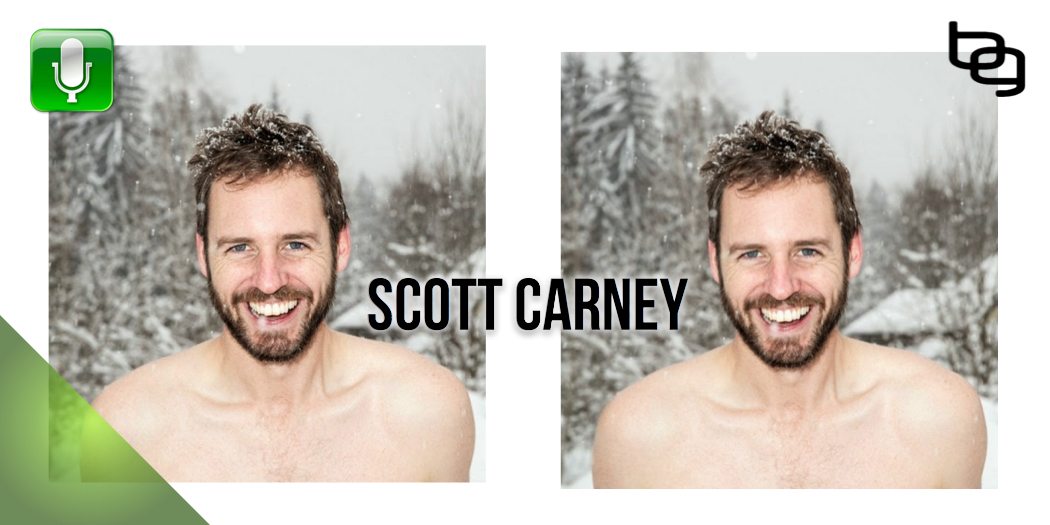
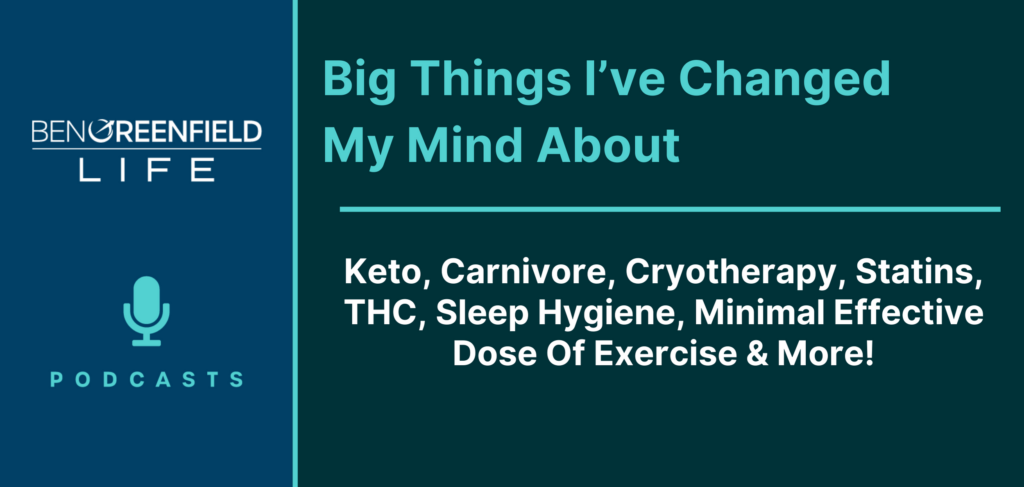
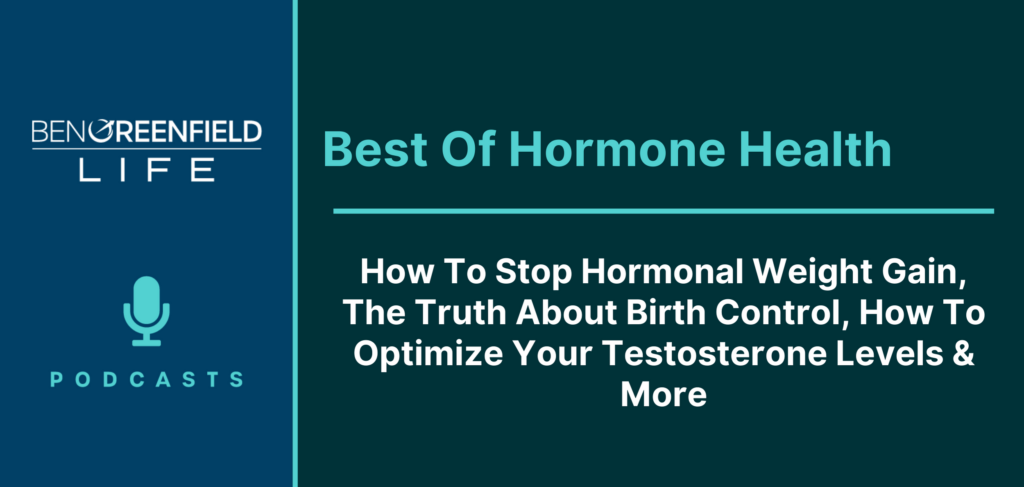


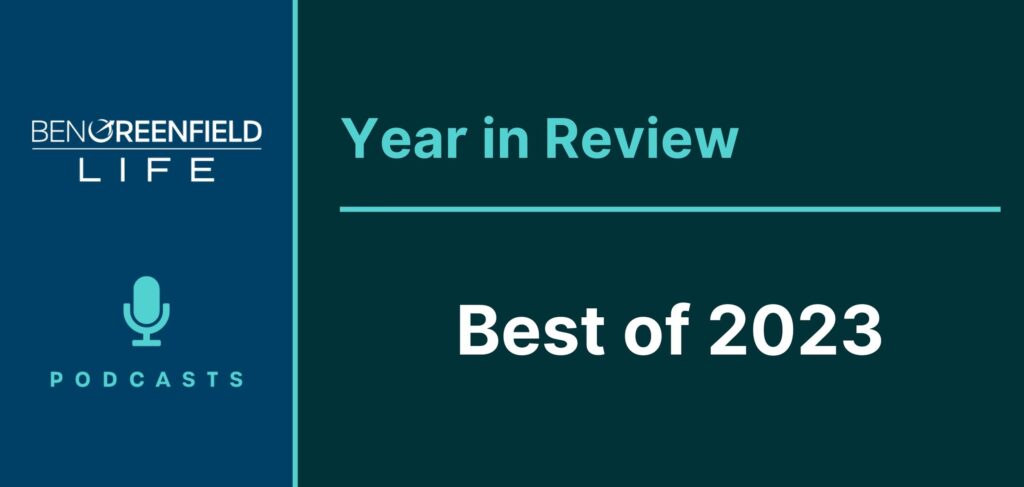

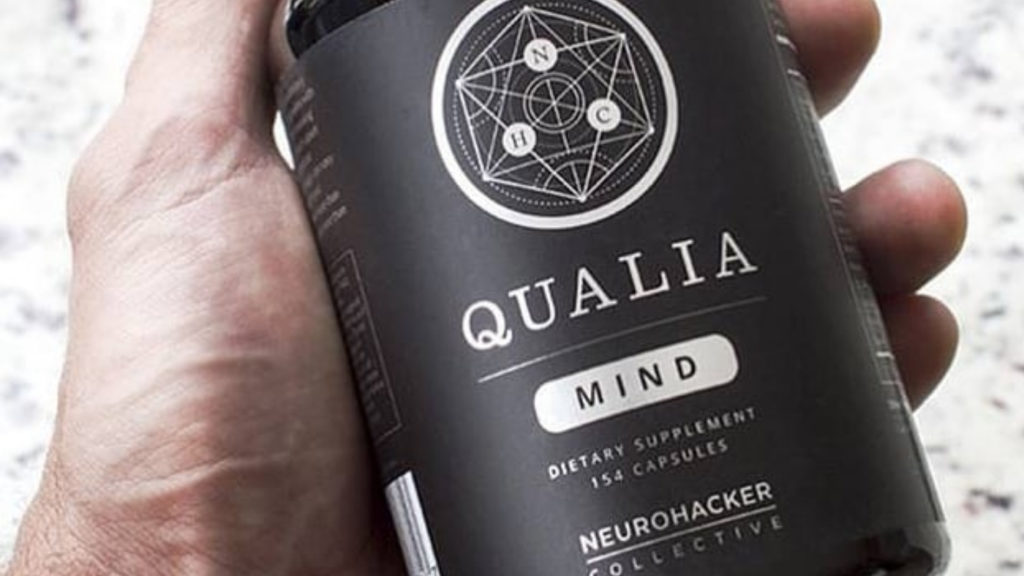
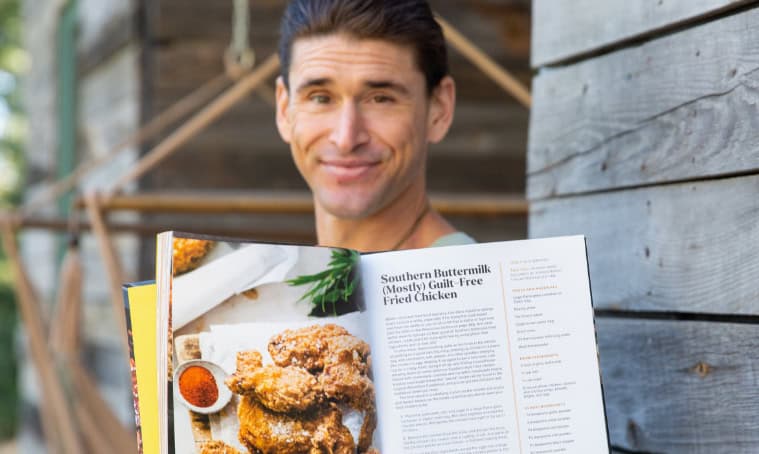

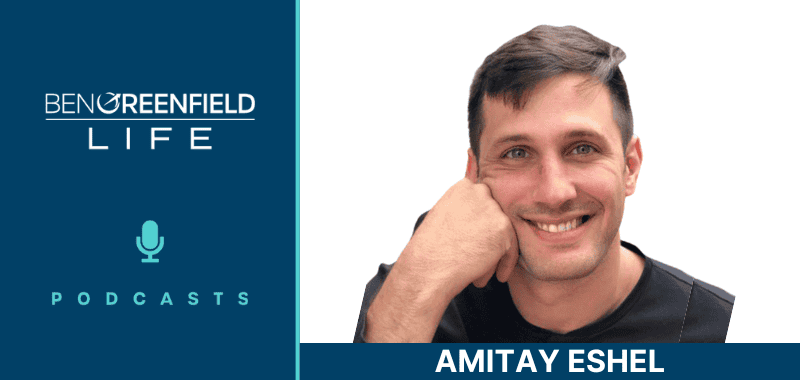

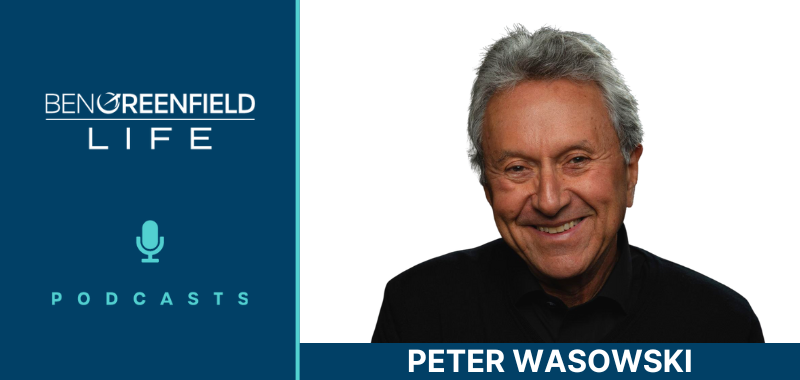
Do you recommend a specific heart rate monitor to go with the NatureBeat app?
Hey Tim,
Any of these:   <a href="http:// ;https://bengreenfieldfitness.com/recommended-heart-rate-monitors/” target=”_blank”> <a href="http://;https://bengreenfieldfitness.com/recommended-heart-rate-monitors/” target=”_blank”>;https://bengreenfieldfitness.com/recommended-heart-rate-monitors/
Loved the podcast! Are there any special considerations if one has symptoms of Raynauds?
I would love to know this, too, Ben!
Hey, do you happen to have a link for the study Scott mentioned where they induced brain damage in mice to compare how well the brains of mice who had been through heat training healed, compared to those who had not?
Here you go: https://drive.google.com/open?id=0B7i3t0BFtNaISWN…
Outstanding podcast and content. I’m going to sign up to the Inner Circle Ben just as a result of having listened to this interview and I also just purchased Scott’s book.
I’ve been doing cold showers for about 4 months now and I use the Fat Burner cold vest but I’m hoping to move to ice baths soon. CT is probably the best protocol I’ve ever used and I consider it equally as important as a good diet.
Hey Ben! You mentioned you post your daily HRV results to Facebook. I’m looking, but don’t see them. Are they hiding somewhere? Thanks!
Hey John, currently it's my personal Facebook and sometimes Twitter, I will start posting them daily at twitter.com/bengreenfield so check them out there.
Loved this podcast Ben. Scott, I’m gonna buy your book! Listening to you guys talk about cold water swimming/immersion/ exercising was so inspiring. It made me feel proud of myself for swimming in an unheated pool of 62F yesterday and realized that I can go …oh so much further! But I would never had taken the plunge at all had it not been for all those times that you, Ben, talk about the benefits to the body of getting in cold water. For that excellent & informative piece, Thanks to both of you.
You're welcome Patty.
Ben or Scott,
So I hear the need to breath is related to CO2 response, and levels of CO2 in the blood. I also hear the Wim breathing techniques make it so you do not need to take a breath for a long time. Would it be appropriate to make the analogous connection to asthma? That asthma is a result of CO2 levels, and therefore may be helped by Wim breathing techniques.
I’m a BJJ guy so I would be asking this question in on the context of 6 minutes of hard man on man training followed by 1 minute of rest before the next 6 minutes. Asthma limits my number of rounds before I’m gasping for air.
THanks!
I do write about at least one person who says that the WHM has helped him with his asthma. But it’s not just the breathing, you also need to do the cold to help shock the nervous system. If asthma is limiting the number of rounds that you can do then just do as many as you can. Stay within your limits, but push yourself.
Hey what was that documentary you talked about during this podcast?
Thanks!
Nvm lol
It's right up there in the shownotes. ;) Sufferfests.
The more podcast I listen to the more I realize how growing up poor in Missouri really contributed to my strength and health. In winter living on a farm you had to work hard breaking a sweat in the freezing tempetures either shoveling your way out of the house or into the shed to get to tractor. Just brutal conditions doing anything that had to be done, like repairing a tire to changing oil. Then in spring you had to garden with your shovel and hoe, bail hay, chase down the horse that knocked down the fence again, then repair the fence! We had to walk out to the clothes line and hang dry our clothes, go into the woods climb trees to cut them down, chain them up drag them out and haul them home to have firewood. We couldn’t afford the gas bill so burning wood was essential, hard work! My brothers friend was an idiot who didn’t listen and ended up smashing every bone in his hand trying to haul large tree trunks out, oh and splitting the wood. I don’t think there is any gym equipment that can get you into real physical strength like being poor living on a farm in Missouri. Missouri is special in the fact they get the worse of all seasons. Negative tempetures with multiple feet of snow and ice, to brutal rains and tornados in the spring, to 100+ degrees in the summer with humidity up to 60+ %, fall time is always undrepdictable as is all the seasons. Also being poor you learn how deal going without, and your body is allowed to figure it out. I always felt clueless in the gym but the more I listen to these type of podcast the more I realize, how natural it is for me. I recently went into a gym and I surprised a girl who trains for body building by my strength, I don’t have defined muscle like her but it’s there. Anyway, thank you for always having great content! I also love what you do with your kids! It’s different because you guys want to do it for health, for me growing up we didn’t want to do it but had no choice.